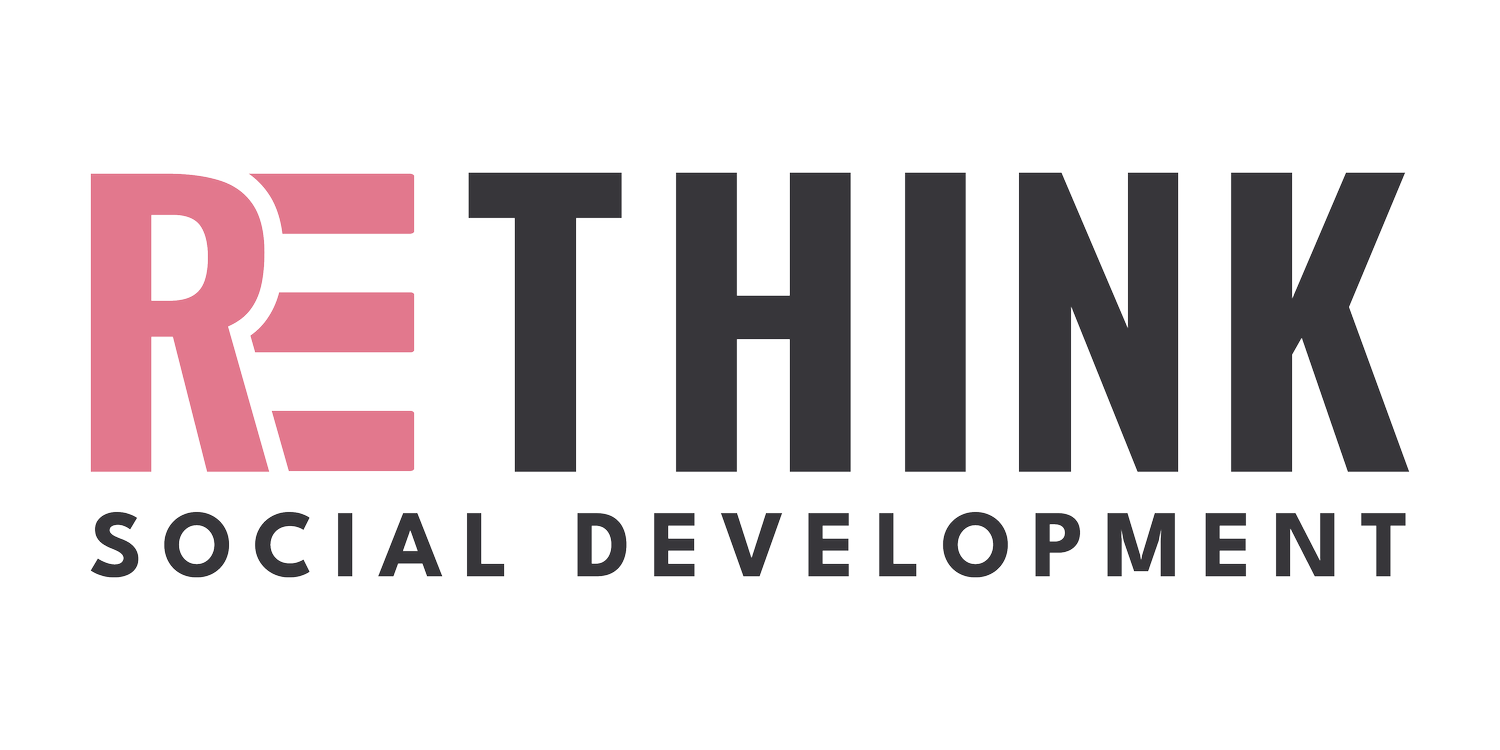More Projects
School to Work Transition of the Deaf in Jamaica.
The Deaf face several specific work readiness and transition issues. The low level of education achievement is a major barrier to their successful transition, but, also of importance, are communication barriers and cultural attitudes towards them. These attitudinal and educational concerns are compounded by the lack of any systemic facilitation of the Deaf in either the workplace or hearing post-secondary institutions.
The study, for the PIOJ, found that none of the postsecondary/tertiary institutions in Jamaica made any special provision for the Deaf in the classroom. Deaf students, who have been able to pursue higher education, have done so at great personal expense, and without any structured assistance from their schools.
The data showed that employers were open to the idea of hiring the Deaf, even though the majority had never worked with someone who was hearing impaired. There was almost universal agreement that the Deaf should be given the same opportunities as everyone else. However, there seemed to be general uncertainty about what working with the Deaf really meant, and employers had questions about the implications for them and their organisations.
Gender Imbalance in the Global Services Sector in Jamaica.
This study was completed under the Global Services Sector Project supported by the IDB and implemented by Jamaica Promotions (JAMPRO). It found that while women dominate employment in the current iteration of the GSS in Jamaica, their under representation in ICT and STEM generally, suggest that they could be left behind as the sector evolves to more value-added technology- based services. As jobs in the sector are replaced by Artificial Intelligence (AI), women, being the largest part of the workforce, stand to lose more jobs. Where they lack basic STEM knowledge or interest, they will find it more difficult in the long run to secure GSS jobs.
There are no deliberate gender based barriers to entry in the sector. However, recruiters have pointed out that because women are more likely to have the basic entry qualifications, they are more likely to get the available jobs, and this accounts in part for the high number of women in the sector.
Country Brief on Violence Against Women and Girls in Jamaica
This report, commissioned by the World Bank, outlines what we know about VAWG in Jamaica, and highlights gaps in the current response to address the problem. It maps the services which are now available to women through both the public sector and non-government and civil society organisations across Jamaica. It identifies areas in which interventions can be designed to provide support for survivors of violence, including strengthening capacity of first responders to better assess and act on women’s needs.
